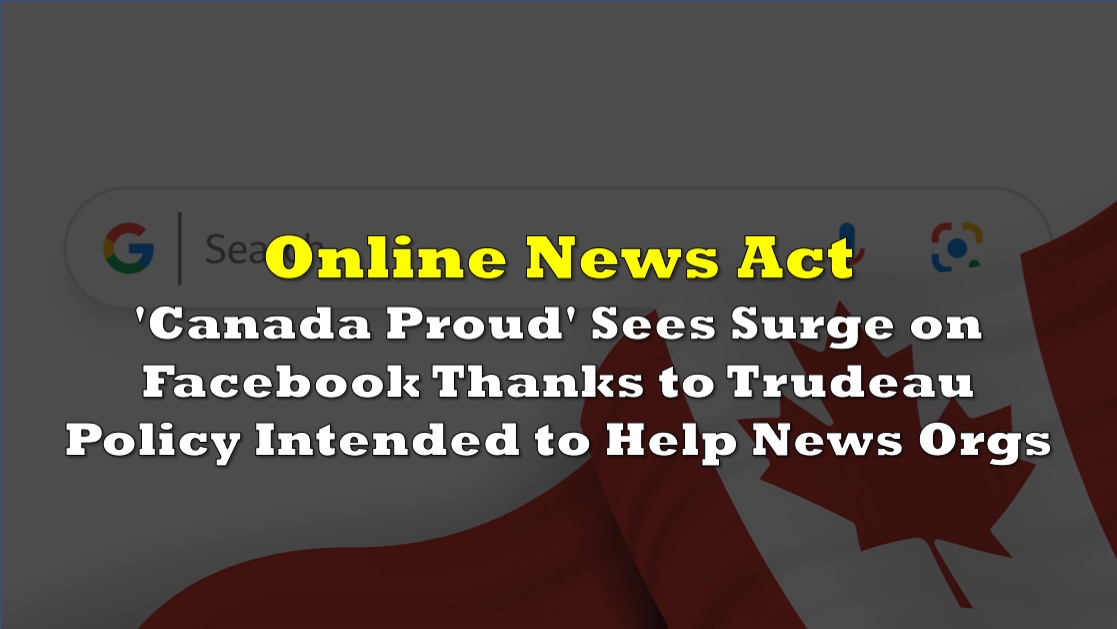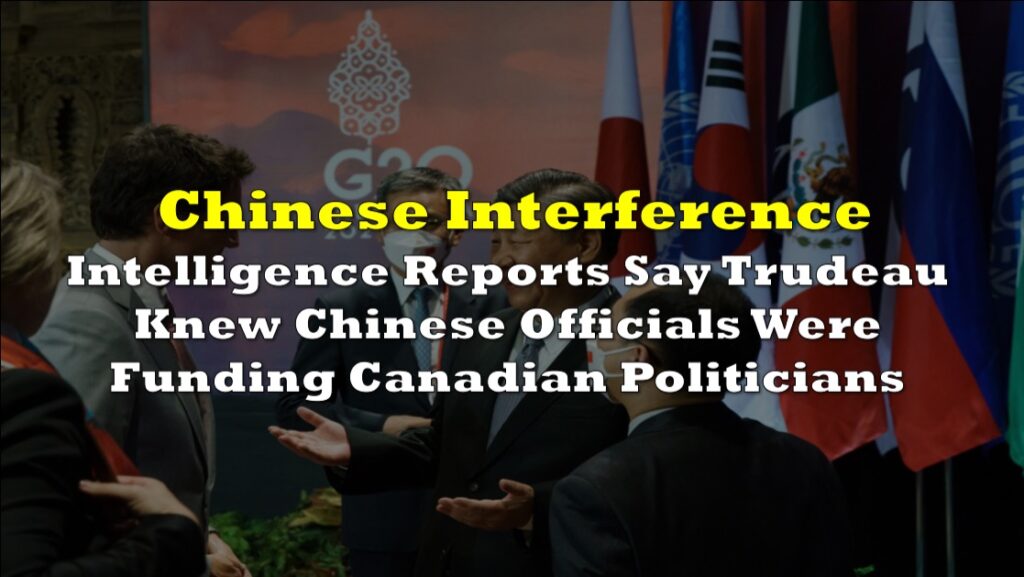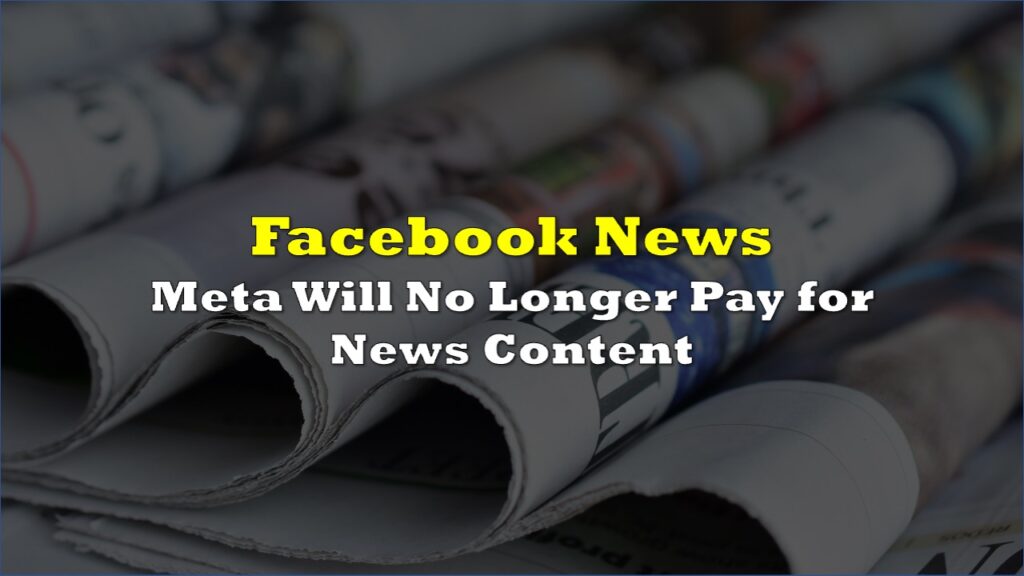Right-wing content creator Jeff Ballingall’s Canada Proud Facebook page is experiencing an unexpected surge. Since Meta’s decision to block news links in Canada last August, purportedly to evade paying fees to media firms, Ballingall reports a notable uptick in clicks and engagement on his page, which boasts a staggering 540,000 followers.
“Our numbers are growing, and we’re reaching more and more people every day,” Ballingall remarked, highlighting the palpable impact of the policy shift. With an output of up to 10 posts daily, he sees this as a reflection of a broader trend towards tribalism and niche content consumption.
The standoff originates from Facebook’s refusal to comply with laws demanding payment to media entities for shared news links, a situation also unfolding in Australia. Facebook stands firm in its stance, asserting that news content holds no direct economic value to its platform.
This blockade has significantly altered the digital landscape for Canadian users, as revealed by two unreleased studies shared with Reuters. Taylor Owen, from McGill University’s Centre for Media, Technology, and Democracy, involved in one of the studies, expressed concerns over the consequential shift in user engagement, saying “the news being talked about in political groups is being replaced by memes.”
“The ambient presence of journalism and true information in our feeds, the signals of reliability that were there, that’s gone,” Owen lamented.
The absence of news content on Facebook has paved the way for an influx of opinion-driven and unverified material, potentially undermining political discourse, particularly in the lead-up to the 2025 elections in both Canada and Australia.
These all stem from the Online News Act, also known as Bill C-18, which was designed to level the playing field for the news industry as they supposedly now compete with tech giants for advertising revenues. The legislation mandates that platforms like Meta and Google compensate publishers for the use of their news content when they are shared, a move that the tech giants vehemently oppose.
Both Meta and Google had previously advocated for amendments to the Online News Act during federal committee hearings, seeking to mitigate the financial implications imposed upon them. However, the government proceeded with passing the bill without adopting their proposed changes. Exiting the news market would exempt the companies from the provisions of the act.
Meta has restricted Canadians’ access to news last August 2023. Google was set to follow suit until Ottawa reached a deal with the tech giant as the company has agreed to pay Canadian news outlets $100 million annually.
The bill aims to inject funds into news organizations by compelling tech giants to pay for their use of journalism, but the feds are finding out that it’s not as simple to go around demanding big tech to pay up. As such, in Ottawa’s fall economic statement, the Canadian government allocated a $129-million boost for news organizations, aimed at alleviating financial strains and staff cutbacks faced by newsrooms nationwide.
The irony for Trudeau
Canada Proud says on its website that comprises Canadian grassroots individuals dedicated “to defeat [Prime Minister] Justin Trudeau,” who “has repeatedly let our country down.”
“Canada Proud is using the power of social media to hold Trudeau and his Liberals accountable,” the site says.
On Facebook, the collective boasts more than 542,000 followers, all potential audience to right-wing content that repeatedly criticizes the leadership of the prime minister.
While Google had struck a deal with the Trudeau government, there’s no similar arrangement in the horizon for Meta. As such, Ottawa is holding its fort as well.
“We will continue to push Meta, that makes billions of dollars in profits, even though it is refusing to invest in the journalistic rigor and stability of the media,” Trudeau said back in December.
Meta’s decision to bar news links on its platform translates into a tangible absence for Canadian users. Now, when individuals attempt to share news articles on Facebook, they are met with a message explaining the unavailability of news content due to Canadian government legislation—a stark departure from the five to eight million daily views garnered by news posts prior to Meta’s blockade, as reported by the Media Ecosystem Observatory, a collaborative project between McGill University and the University of Toronto.
However, while engagement with political influencers remained steady, a significant shift was observed in user interaction within Canadian political Facebook groups. The study revealed a threefold increase in reactions to image-based posts, effectively compensating for the decline in engagement with news content.
With this law signed by Trudeau in place, secondhand information drivers–usually with direct political biases like Canada Proud that paint Trudeau in a bad light–are becoming the main source of news on these platforms.
Meta spokespersons emphasized that despite the absence of news, Canadians still flock to Facebook and Instagram. They assured users of access to authoritative information from various sources and emphasized the platform’s commitment to combating misinformation through its fact-checking mechanisms.
Yet, a separate study conducted by NewsGuard for Reuters paints a more concerning picture. The research indicated a notable uptick in engagement with what it classified as “unreliable” sources, rising to 6.9% in Canada post-ban, compared to 2.2% prior—a trend alarming for Gordon Crovitz, co-chief executive of New York-based NewsGuard.
Crovitz cautioned against this backdrop of heightened misinformation, particularly in light of the proliferation of AI-generated news sites peddling false claims, alongside manipulated audio, images, and videos—tools increasingly wielded by hostile governments to sway elections.
Canadian Heritage Minister Pascale St-Onge condemned Meta’s blockade, labeling it an “unfortunate and reckless choice” that fosters the spread of disinformation during critical moments such as emergencies or local elections.
The Media Ecosystem Observatory reported that in Canada, where Facebook boasts four-fifths of the population as users, 51% obtained news from the platform in 2023.
Information for this briefing was found via CBC and the sources mentioned. The author has no securities or affiliations related to this organization. Not a recommendation to buy or sell. Always do additional research and consult a professional before purchasing a security. The author holds no licenses.











